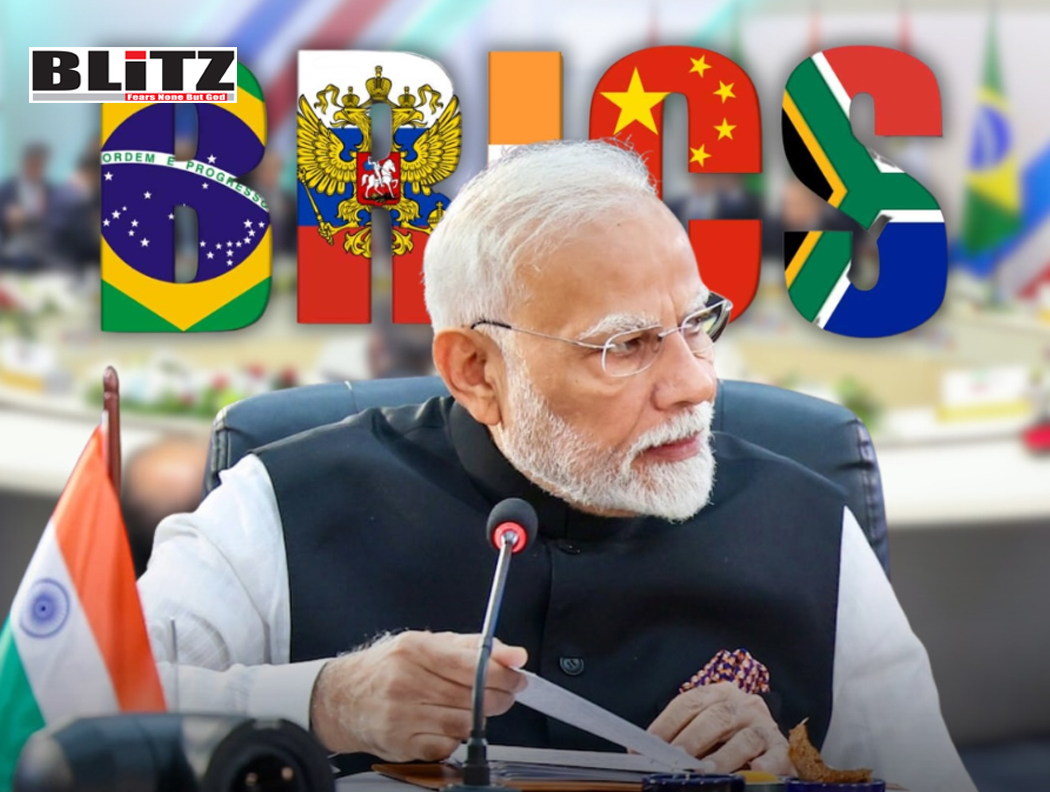
Wang Youming, Senior Research Fellow of BRICS Economic Think Tank, Tsinghua University
Feb 10, 2026
The U.S. president has been a bull in a china shop over the past year, shaking the international order to the core. Such shocks to the global governance system present new opportunities and challenges for BRICS to grow and leave its mark.
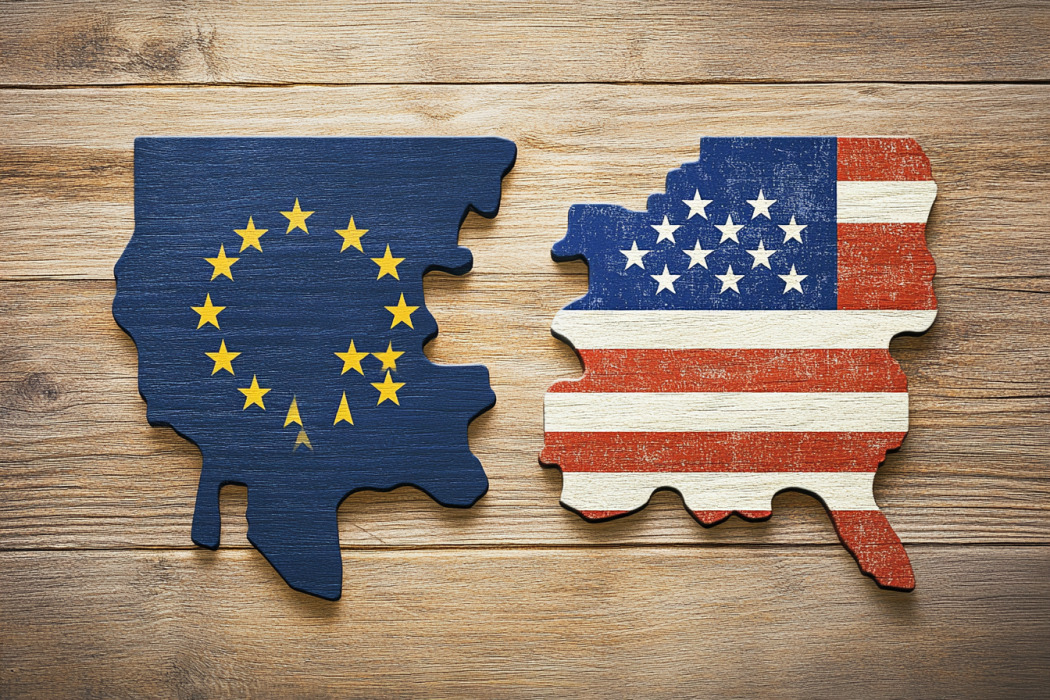
Jade Wong, Senior Fellow, Gordon & Leon Institute
Feb 10, 2026
For Europe, despair runs deeper than sorrow when it comes to the United States. Yet it will seek to leverage its advantages—institutions, laws, norms and expertise—as it tries to guide and constrain the U.S..
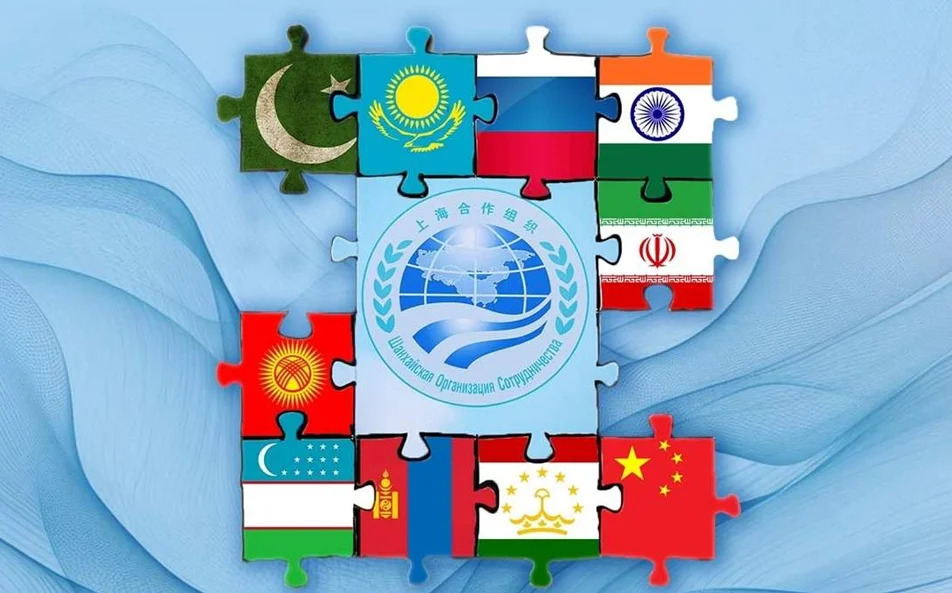
Gu Bin, Associate Professor, Beijing Foreign Studies University
Oct 09, 2025
The new way is not about dismantling anything. It simply rejects American hegemonic thinking and embraces the Oriental wisdom of consultation and co-governance. This approach, which transcends the American model, represents the future.

Wang Youming, Senior Research Fellow of BRICS Economic Think Tank, Tsinghua University
Sep 29, 2025
Given the profound changes in the international order and governance system, the diversification of international finance is an inevitable trend. Demand for an alternative global currency is becoming increasingly urgent.
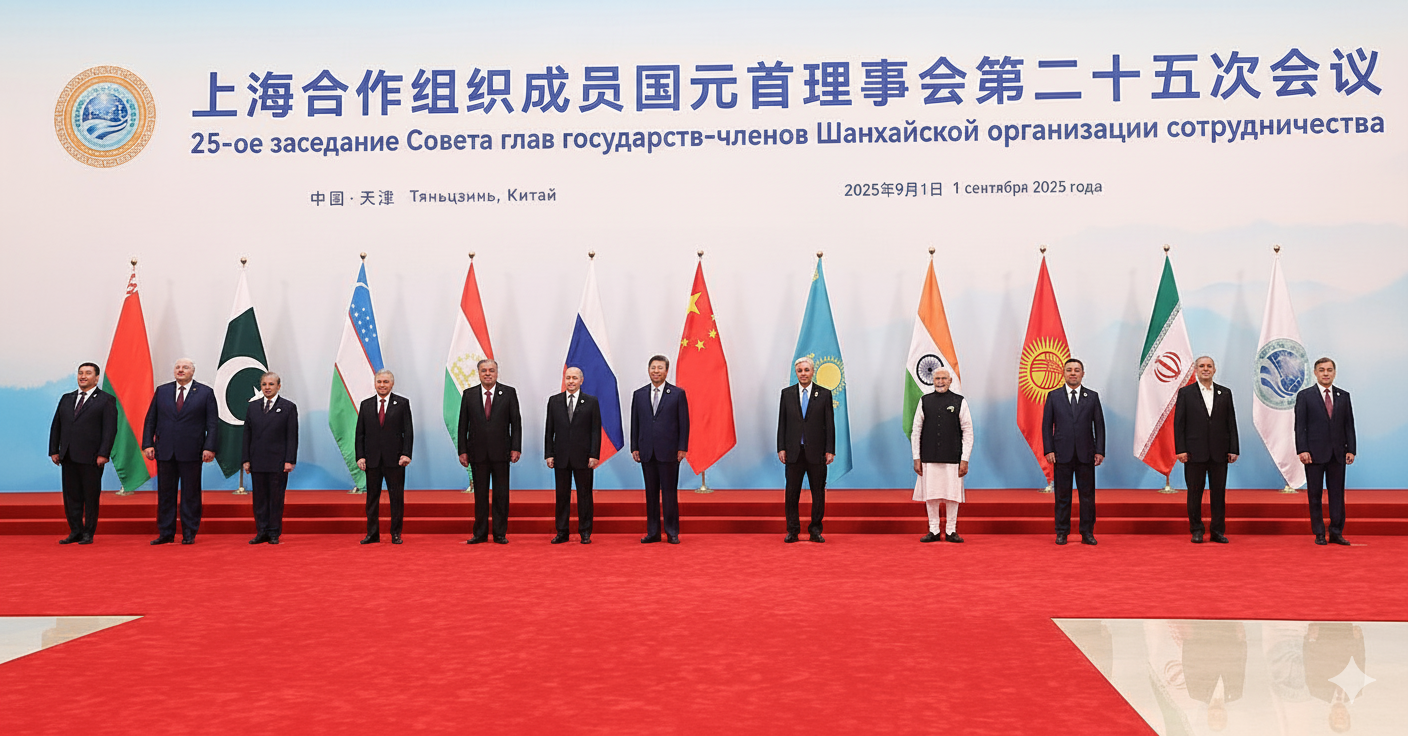
Richard Weitz, Senior Fellow, Hudson Institute
Sep 25, 2025
The new Global Governance Initiative that President Xi presented at the recent SCO and BRICS summits represents the most direct Chinese challenge to the U.S.-led global order since the Cold War. The United States needs to strengthen its counter-messaging in response.
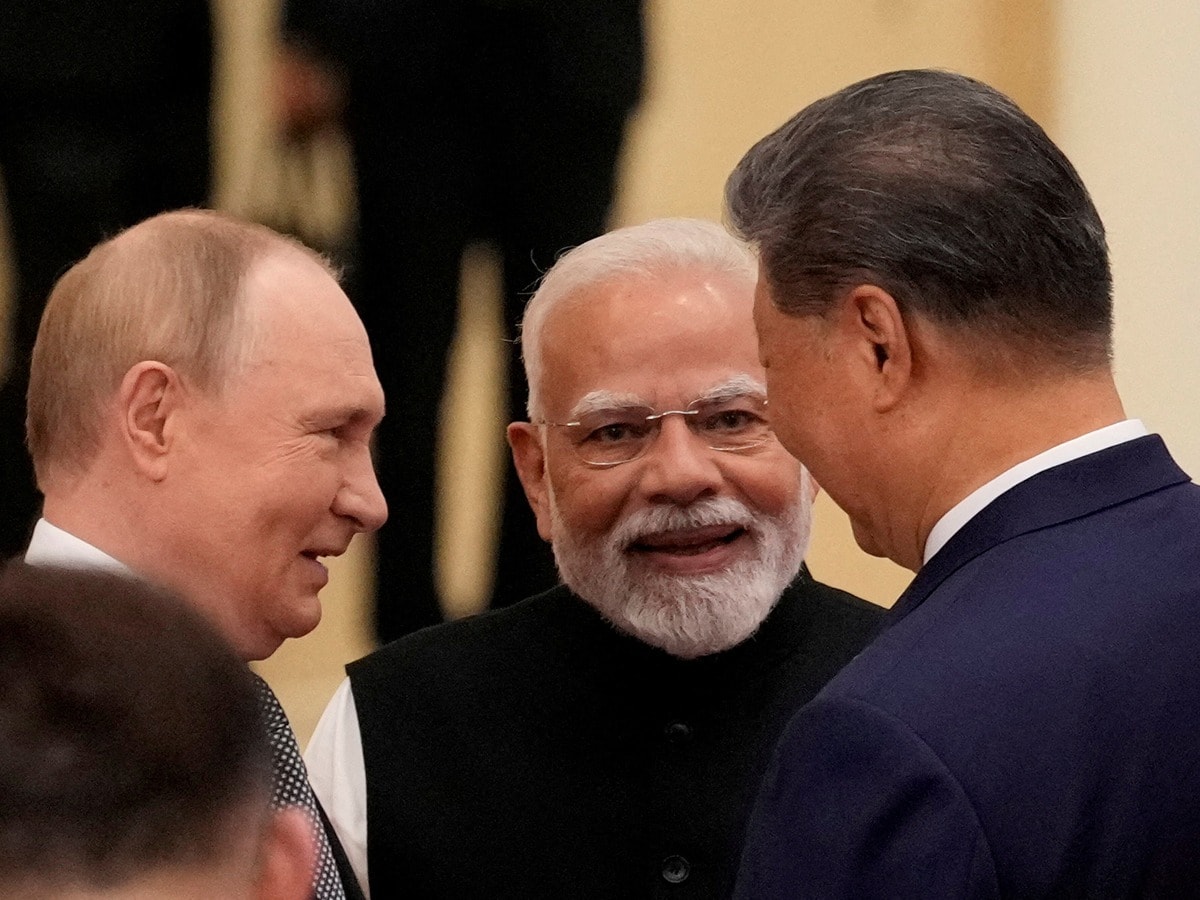
Leonardo Dinic, Expert in Geopolitics and International Business, the Future of Work, and Emerging Technologies
Sep 25, 2025
China and India are cautiously rebuilding ties after years of mistrust, with renewed border talks, restored flights, and revived trade, a shift accelerated by Trump’s steep tariffs on Indian goods. Instead of isolating Moscow’s partners, Washington’s selective approach appears to be driving the two Asian rivals closer together.
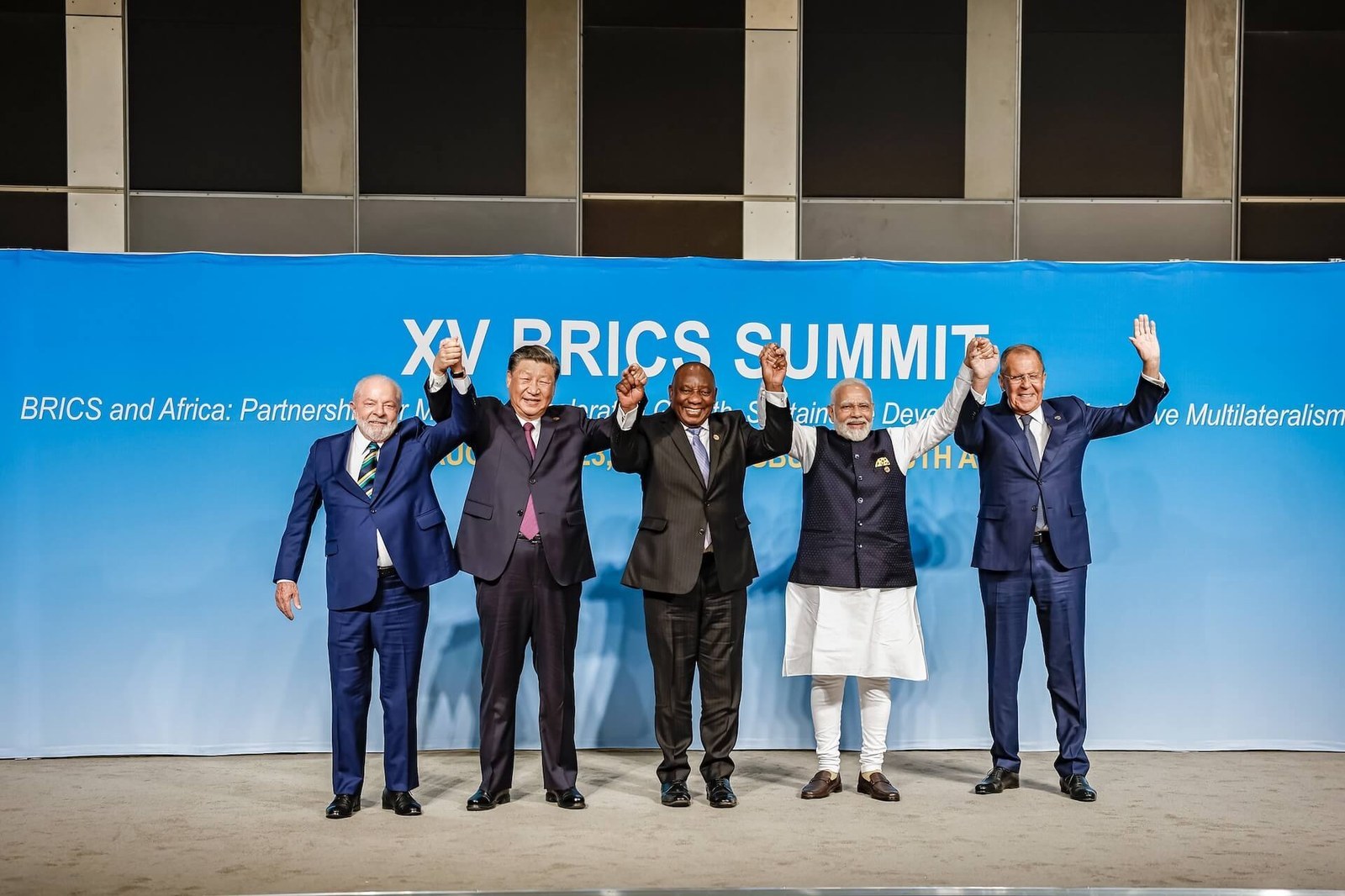
Wang Youming, Senior Research Fellow of BRICS Economic Think Tank, Tsinghua University
Jul 04, 2025
The world is waiting to see whether the expanding group of countries can take advantage of the window of opportunity presented by the restructuring of the international order and become new protagonists in global governance.

Ananth Krishnan, Director at The Hindu Group, and AsiaGlobal Fellow at University of Hong Kong
Jul 04, 2025
At its 17th summit in Rio, the expanded BRICS bloc faces a moment of reckoning as it seeks to balance growing ambitions with internal divisions, shown in its rare unified stance on U.S.-Israel strikes and push for Global South representation. While advancing financial tools and a climate agenda, BRICS’ core challenge is defining itself not as anti-West, but as a united advocate for a more equitable global order.

Warwick Powell, Adjunct Professor at Queensland University of Technology
May 30, 2025
In the week of 25th May 2025, Kuala Lumpur played host to a landmark event: the inaugural ASEAN-GCC-China Summit. It brought together Southeast Asian nations, the Gulf states, and China - three pillars of the emerging multipolar order - in a signal moment of strategic realignment. While headlines may focus on trade, energy, and infrastructure cooperation, the deeper story lies in a quiet revolution in how the world’s fastest-growing economies trade, settle, and invest - increasingly without the U.S. dollar.
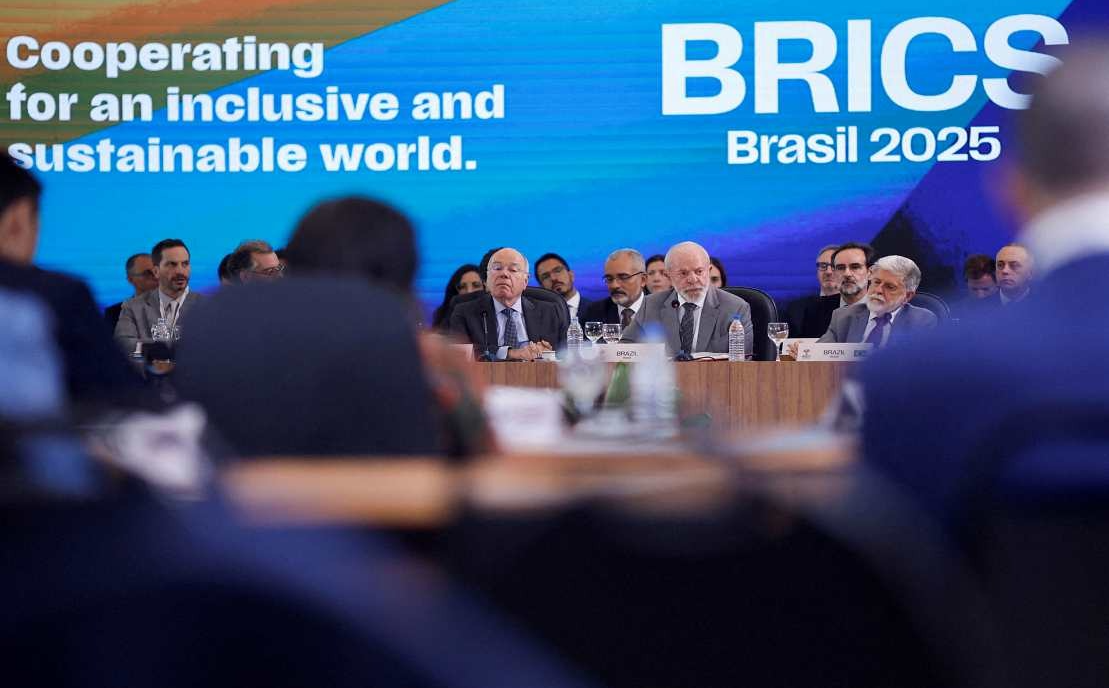
Wang Youming, Senior Research Fellow of BRICS Economic Think Tank, Tsinghua University
Mar 07, 2025
Challenges presented by Donald Trump, including tariffs and withdrawal from global leadership, give BRICS countries a chance to build a cooperation platform for the Global South and a to create a new channel for international discourse.
Back to Top

- China-US Focus builds trust and understanding between the U.S. and China through open dialogue among thought leaders.
- Our Offerings
- Topics
- Videos
- Podcasts
- Columnists
- Research Reports
- Focus Digest
- Stay Connected
-
Thanks for signing up!
- Get the latest stories from China-US Focus weekly.